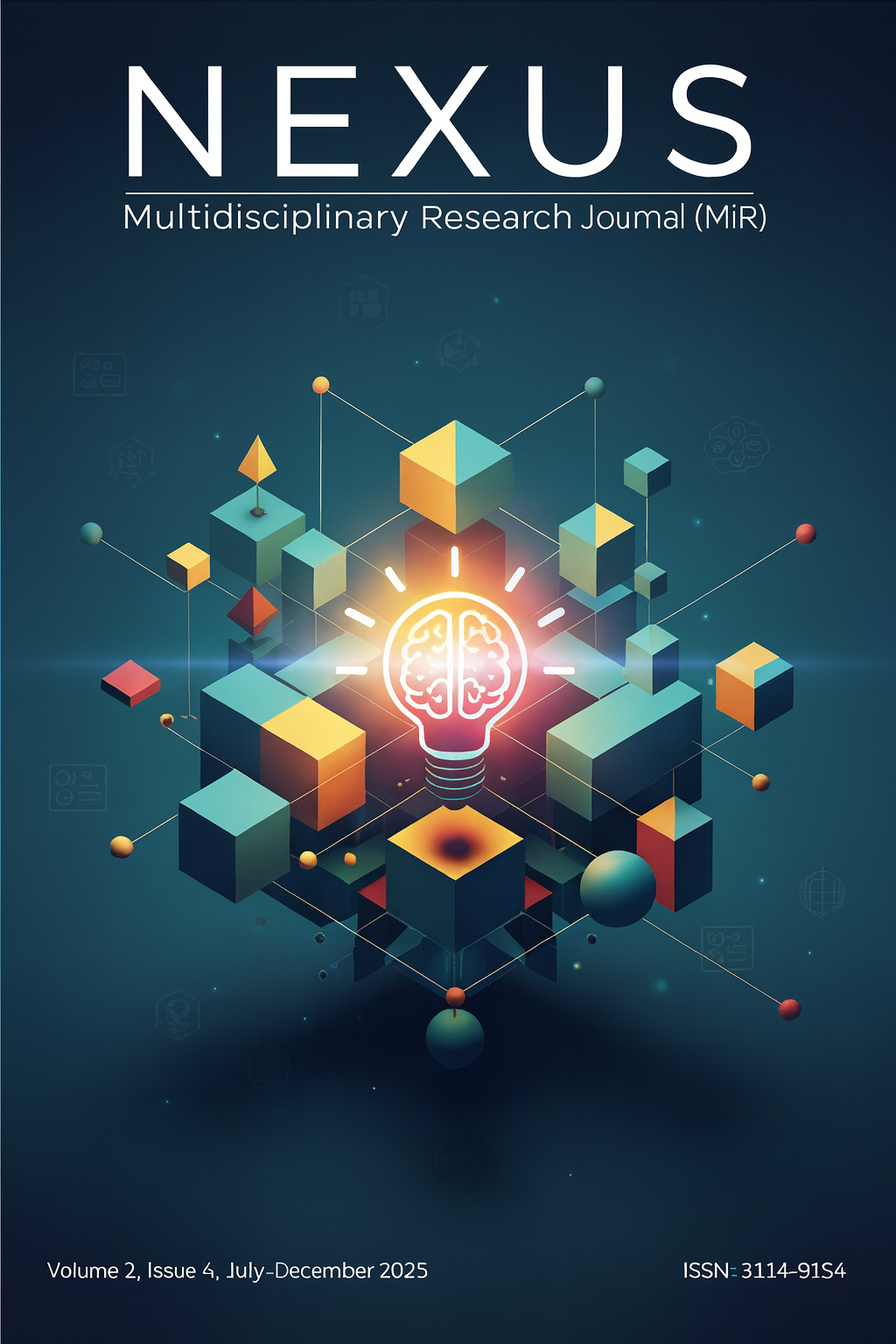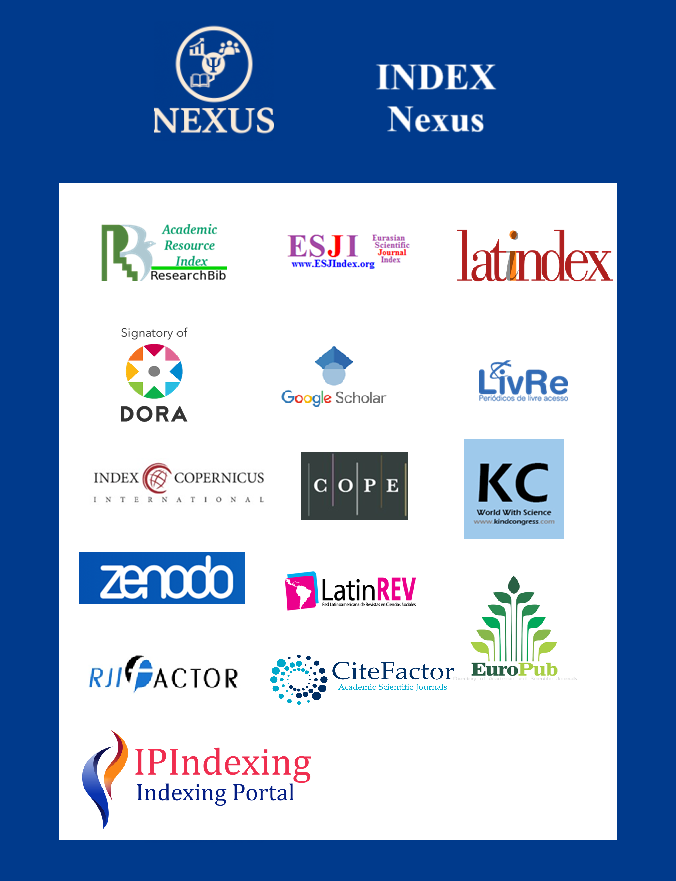Critical reading as a cross-cutting theme in basic education Reflections based on doctoral research in the municipality of Soledad, Atlántico
Palabras clave:
critical reading; curriculum mainstreaming; primary education; teaching practice.Resumen
This article analyzes critical reading as a cross-cutting theme in primary education in public institutions in the municipality of Soledad, Atlántico. It begins by identifying low levels of reading comprehension reflected in national and international tests, which reveal students' difficulties in reflecting, inferring, and critically assessing texts. The study recognizes that the problem is not limited to individual factors but is linked to a lack of coherence between curriculum, planning, and teaching practice, which reproduces a model focused on memorization and preparation for external assessments. The adopted qualitative hermeneutic paradigm allowed us to understand how teachers, students, and administrators conceive and practice critical reading. The sample included four institutions, with 40 students, 16 teachers, and 4 administrators, all intentionally selected. Among the findings, it is notable that critical reading is restricted to the Spanish Language area, without articulation with other disciplines. Teachers also recognize its importance but lack sufficient resources and training to develop it effectively. As a contribution, the research proposes a factual mainstreaming of critical reading at all levels and in all areas, through active methodologies, interdisciplinary projects, and ongoing teacher training, with the goal of developing critical citizens capable of interpreting and transforming their reality.
Descargas
Descargas
Publicado
Número
Sección
Licencia

Esta obra está bajo una licencia internacional Creative Commons Atribución-NoComercial 4.0.










